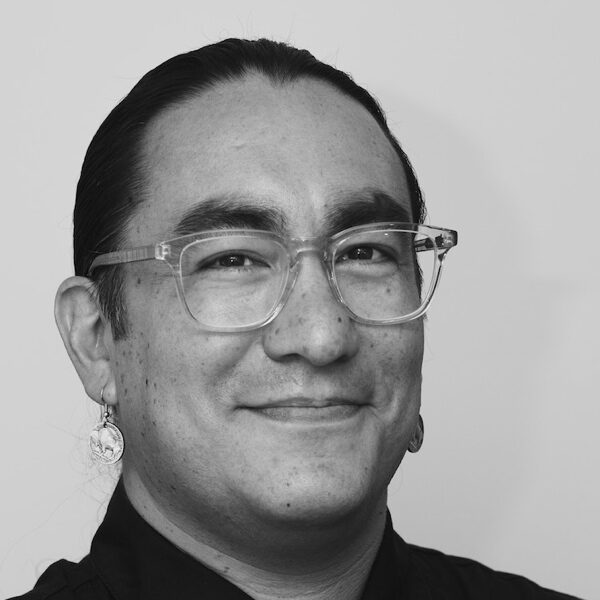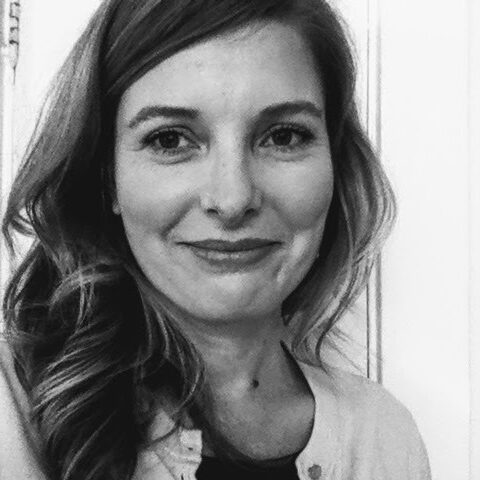About the Fellowship
The Ferriss – UC Berkeley Psychedelic Journalism Fellowship offers ten $10,000 reporting grants per year to journalists reporting in-depth print and audio stories on the science, policy, business and culture of this new era of psychedelics. In addition to underwriting individual stories, the Fellowship aims to establish and nurture a new generation of journalists covering the frontlines of this rapidly changing field. We’re looking for big, underreported, narratively compelling stories placed in rich political, economic, scientific, and cultural contexts. We are committed to supporting journalists from diverse backgrounds and of all nationalities. The fellowship is a project of the U.C. Berkeley Center for the Science of Psychedelics.
Our People
2024 Selection Committee

Connie Walker
Connie Walker is a Pulitzer Prize-winning investigative journalist and host of the acclaimed podcasts "Stolen" and "Missing & Murdered". Her work has exposed the crisis of violence in Indigenous communities and the devastating impacts of intergenerational trauma stemming from Indian Residential Schools. In 2023, "Stolen: Surviving St. Michael’s" was awarded a Pulitzer Prize, a Peabody Award, an Alfred I. duPont-Columbia Award and an Edward R. Murrow Award. Prior to joining Gimlet Media, Walker spent nearly two decades as a reporter and host for the Canadian Broadcasting Corporation. Walker is a member of the Okanese First Nation in Saskatchewan.

Alan Burdick
Alan Burdick is a senior staff editor on the science desk of The New York Times and is the author of "Why Time Flies: A Mostly Scientific Investigation." His first book, "Out of Eden: An Odyssey of Ecological Invasion," was a National Book Awards finalist and won the Overseas Press Club award for environmental reporting. Alan has worked as an editor at several publications, including The New Yorker, The New York Times Magazine and Discover. His writing has appeared there and in Harper's, GQ, Natural History, On Earth, Outside, and the Best American Science and Nature Writing anthology. He has been a Guggenheim Fellow and is the namesake of asteroid number 9291. He lives with his family outside of New York.

Tristan Ahtone
Tristan Ahtone is a member of the Kiowa Tribe and is editor-at-large at Grist. He previously served as editor-in-chief at the Texas Observer and Indigenous Affairs editor at High Country News. He has reported for Al Jazeera America, PBS NewsHour, National Native News, NPR and National Geographic. Ahtone’s stories have won multiple honors, including investigative awards from the Gannett Foundation and Public Radio News Directors Incorporated. He additionally led the High Country News team that received a George Polk Award, an IRE Award, a Sigma Award, a Society of News Design Award and a National Magazine Award nomination. A past president of the Native American Journalists Association, Ahtone is a 2017 Nieman Fellow and a director of the Muckrock Foundation.
Faculty & Staff

Michael Pollan
Michael Pollan is a professor at the graduate school at UC Berkeley and the author of nine books, including How To Change Your Mind and This is Your Mind on Plants. His previous books include Cooked, Food Rules, In Defense of Food, The Omnivore's Dilemma and The Botany of Desire, all of which were New York Times Bestsellers. The Omnivore's Dilemma was named one of the ten best books of the year by both The New York Times and The Washington Post. Pollan teaches journalism in the English department at Harvard University and at UC Berkeley's Graduate School of Journalism.

Malia Wollan
Malia Wollan is editor-in-chief of journalism projects at UC Berkeley Center for the Science of Psychedelics and director of the UC Berkeley-11th Hour Food and Farming Journalism Fellowship at UC Berkeley's Graduate School of Journalism. She is a contributing writer at The New York Times Magazine. Her work has also appeared in The Wall Street Journal, The New York Times, National Public Radio, KQED, New York Magazine, Fast Company, the Associated Press, PBS's Frontline/World and elsewhere.
Looking for interesting psychedelics-related stories?
Subscribe to The Microdose, a twice-weekly independent journalism newsletter supported by the UC Berkeley Center for the Science of Psychedelics.
